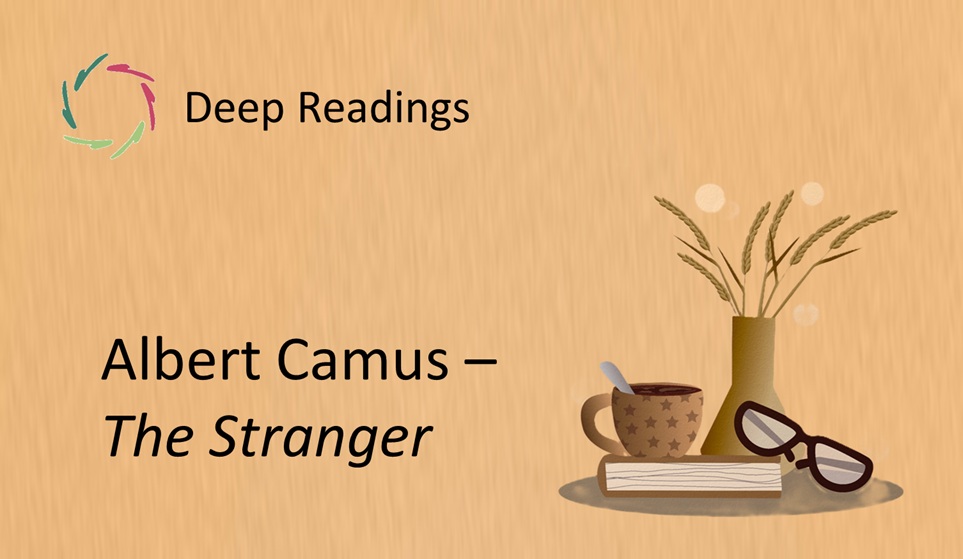Deep Reading: Taylor Swift ― Cruel Summer (2019)

The fragment
“It’s a cruel summer, with you. I’m drunk in the back of the car, and I cried like a baby coming home from the bar.”
(within copyright)
Read full lyrics → Genius
Listen → on YouTube
Contextual glimpse
Cruel Summer appeared on Taylor Swift’s 2019 album Lover and quickly became one of its most celebrated tracks. The song is fast, bright, and pulsing with synths, yet beneath the gloss lies tension. The summer is both ecstatic and punishing, a season of forbidden passion and emotional volatility.
The chosen lines condense this paradox. The refrain “cruel summer” names the heat of passion that both enlivens and hurts. The image of being “drunk in the back of the car” and “crying like a baby” reveals the fragility beneath the intoxication. This is no straightforward anthem of joy or heartbreak but something in between — the instability of desire itself.
Resonance
The fragment dramatizes what it means to be caught in intensity. The summer is cruel because it burns: its sweetness comes with a scorch. To be “drunk” here is not only literal but also symbolic of being overtaken by feeling. The crying “like a baby” shows how passion regresses the self, pulling it toward helplessness even as it thrills. The song holds together ecstasy and vulnerability in the same breath.
From an Aurelian perspective, this is the very edge where depth becomes visible. To name the season “cruel” is already to glimpse that intensity, without integration, can fracture. But the act of singing it — loud, bright, repeated — is itself a form of integration, transforming chaos into shared rhythm.
Why this may also be about you
There are moments when you find yourself carried by forces larger than reason. They may intoxicate and undo you at the same time.
The fragment reminds you that vulnerability in those moments is not shameful. To cry like a child is still to be alive, and to name the cruelty is already to begin holding it.
Lisa’s inspired, original idea about this fragment
Think of summer not only as a season outside but as a climate within. Some summers burn through you: passion, risk, joy, and loss arrive together, refusing to be separated.
This fragment feels like standing in a storm of heat and lightning — knowing it is unsustainable, yet recognizing that the very burning is part of being fully alive. The cruelty is that it cannot last; the gift is that you felt it at all.
Echoes
The song has been embraced as both a club anthem and a confessional. Its popularity suggests a hunger for language that acknowledges the double-edge of passion. Other artists, from Lorde to The Weeknd, have voiced similar blends of brightness and ache. In Swift’s hands, the lines carry a unique mix of polished sound and raw confession, which explains why they endure in playlists of celebration as well as of heartbreak.
Inner invitation
Recall a time when joy and hurt arrived together. Let the fragment live inside you for a while, as a permission slip to hold both without judgment.
Then, imagine transforming that moment into a song — not to erase its sting but to let rhythm carry it. Feel how voicing the paradox can turn it from cruelty into connection.
Closing note
This is about the human being you are: capable of being undone and remade by the same flame. Cruelty and tenderness can inhabit the same night; naming both is a form of readiness.
Lisa’s final take
To be scorched is also to be lit.
Keywords
Taylor Swift, Cruel Summer, passion, paradox, intensity, vulnerability, ecstasy, cruelty, love, intoxication, heat, music, integration, readiness, transformation


